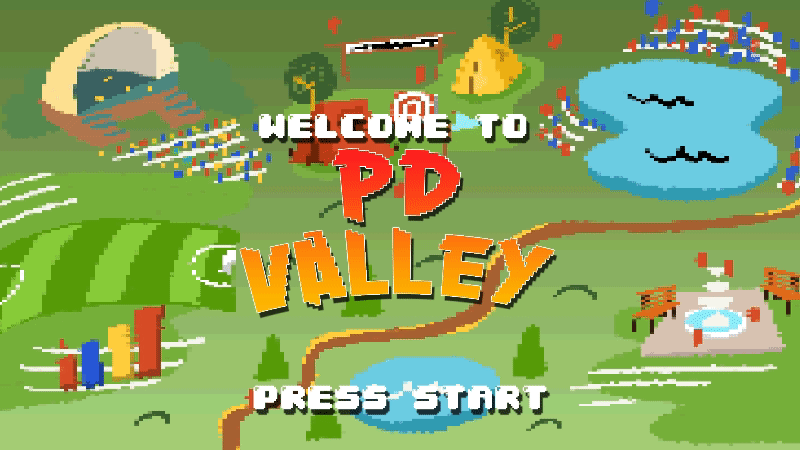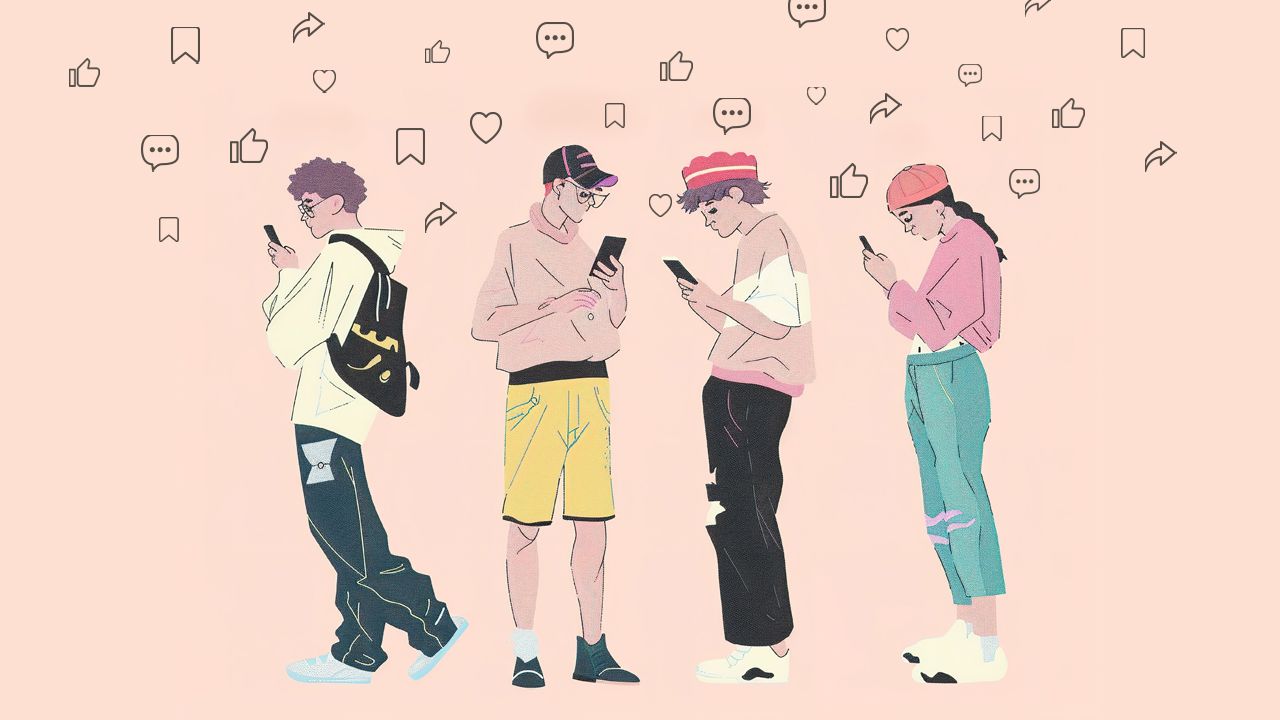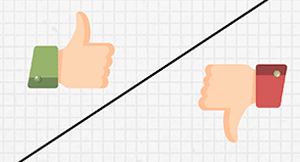
Often, we strategize reactively instead of proactively. Once we’re aware of a struggle, we try to fix it.
What if instead we got proactive with our approach to behavior? Instead of spotting red flags, we identify and encourage the “green flags” of behavior and personal development in students?
Playing gotcha with behavior takes on a different meaning when it’s designed to catch kids in the act of becoming a better friend, a more responsible person, a confident individual. Imagine the impact on social-emotional learning and mental health.
Alright, enough imagining. Let’s get proactive about positive student behavior.
Identify behavior worth recognizing
While it is nice to spot random acts of kindness, this isn’t necessarily the behavior that will take a kid far in life. So what does it mean to track “positive student behavior”?Good examples of positive student behavior worth tracking are skills that can be used long-term to improve a student’s college and career aspirations. These skills may center around self-care, self-motivation, or group activities.
Time management and homework management skills mean students learn to motivate themselves, instead of relying on teachers or parents to do so.
Self-advocacy skills are developed when students take initiative to create their own schedules (like arena scheduling), and don’t have to be practiced independently. Even spending time in service clubs and sports can lead students to develop a better sense of what is best for themselves and how to go about achieving those goals.
Project-based learning can serve as a positive soft-skill builder in academic settings. When students can guide the topics and design of assignments, they get a taste of agency and what it’s like to fuel their own progress.
As students gain skills like motivation and discipline, they can have a positive impact on peers too. Through mentorship or other networking activities, students take the lead on helping other students develop these crucial skills.
Tracking behavior
What matters gets measured, but where can this data be housed? Look no further than your student information system.Personal development of important academic self-care skills can be tracked in several ways, but consider where it all fits in with the whole child. Traditionally tracking behavior came down to tracking disciplinary incidents, but that punitive approach isn’t doing much to give educators clues about where students are today—just where they’ve been at their worst.
Multi-tiered systems of supports (MTSS) incorporate multiple academic subjects and intervention techniques—one of which could be positive behavior tracking. Behavior issues may point to academic issues, so why not vice versa? Adding a tier of support for encouraging behaviors we want to see—like the soft skills previously listed—can provide a positive way to engage students who are struggling in other areas.
SIS limitations holding you back?
If your SIS is limited to viewing behavior solely from a lens of discipline, the time may be ripe to explore new horizons.An SIS provides a cornerstone to education in many ways. The data tracked is important, both on an individual scale of personal student development and on a district-wide scale of student and educational trends. Being able to not only track, but to mine and harness insight from your data, is crucial for guiding behavior intervention and recognition. Especially now, a multi-purpose SIS facilitates a connection between families and schools that’s never been more precious.
ESSER relief funds are designed for helping students catch up with where peers have typically been in normal years. This catch-up extends to the personal development students have missed during the pandemic.
While students and educators have navigated challenges like never before, students are still learning and growing every day. This generation can come out of adversity with a brand-new mindset—and a resiliency that will jumpstart their futures.
Follow-up resource: The inner workings of tracking positive behavior
Take a deeper dive into how to keep tabs on all behavior with your student information system.WHAT'S NEXT FOR YOUR EDTECH? The right combo of tools & support retains staff and serves students better. We'd love to help. Visit skyward.com/get-started to learn more.

|
Erin Werra Blogger, Researcher, and Edvocate |
Erin Werra is a content writer and strategist at Skyward’s Advancing K12 blog. Her writing about K12 edtech, data, security, social-emotional learning, and leadership has appeared in THE Journal, District Administration, eSchool News, and more. She enjoys puzzling over details to make K12 edtech info accessible for all. Outside of edtech, she’s waxing poetic about motherhood, personality traits, and self-growth.




